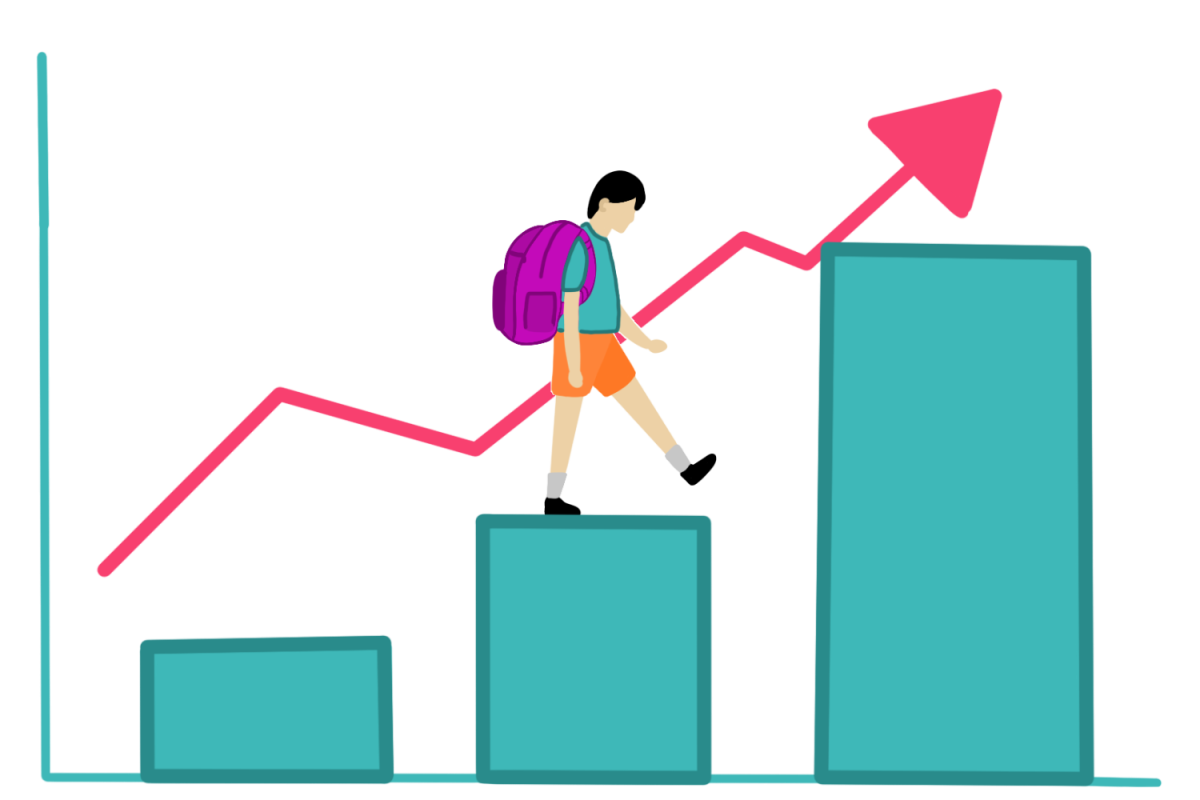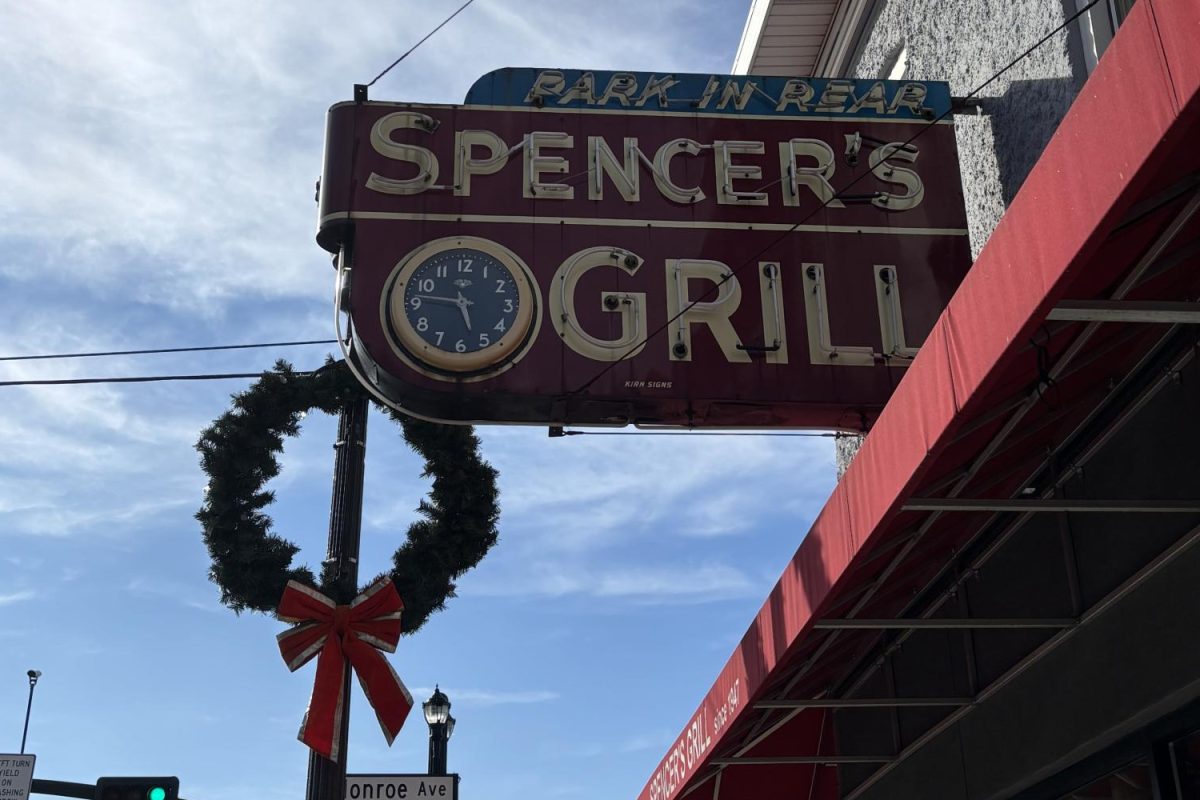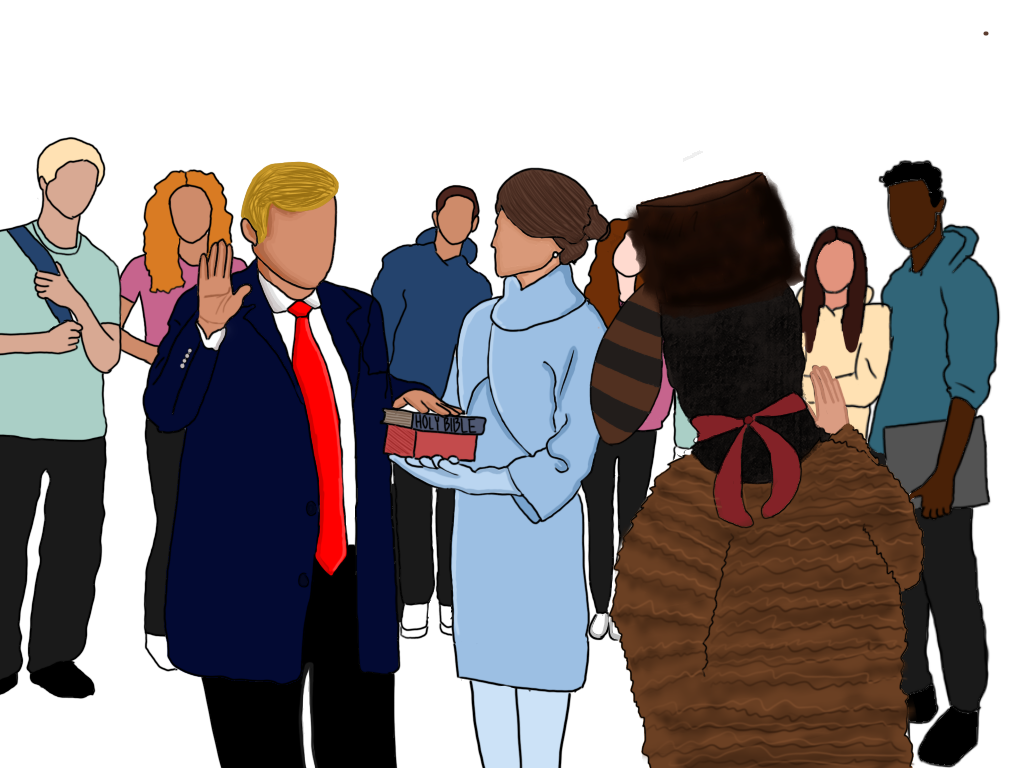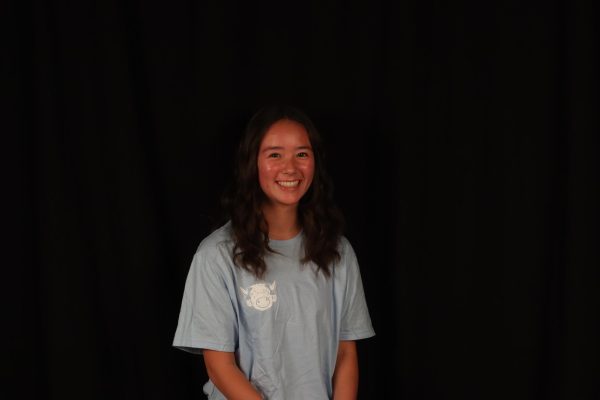The sweltering summer heat was no friend to the group gathered outside Warner Bros. Studios. The trees provided little shade as hundreds of people marched across the concrete while news outlets watched and others stood nearby taking photos. Protesters held signs and megaphones, and others brought just themselves, but all were united for the same cause.
The Writers Guild of America (WGA) officially went on strike against the Alliance of Motion Picture and Television Producers (AMPTP) May 2 after negotiations for higher wages, job security and less involvement of artificial intelligence broke down. The WGA was on strike for 148 days until they reached a deal with AMPTP, Sept. 27.
“In the middle of the summer, there were comments [made] by members of AMPTP, where they essentially said that they wanted us [the writers] to lose our homes and our apartments before they were willing to negotiate again,” Andrew Law, writer and producer known for shows like “The Good Place” and “Hacks,” said. “I think that galvanized a lot of writers, including myself. It made us want to win and feel even more kinship [and] solidarity with our guild.”
In TV writing, writers start out as a staff writer or story editor, and work their way up to producer. According to Law, orders on the number of episodes per season have been decreasing, so newer writers have been out of work for most of the year without much financial stability.
“A big [personal] driving force for [striking] was thinking about younger writers who are just starting out, who are maybe at the staff writer or story editor level,” Law said. “It’s been really hard for [them] to make a living.”
Another issue the writers faced was the limitations of AI in the field of writing. Darrin Dortch, KHS 2002 graduate and TV writer known for “Kings of Napa” and “Claws,” said that they needed to strike to save the art of writing from AI. Law also mentioned that AI is being trained on the existing work of writers without their permissions.
“I don’t think [AI] writing should be published, because it takes away from the hard work of actual human writers, who put years of their lives into writing,” Abby Monroe, junior and aspiring writer, said. “I think one of the things AI won’t understand is emotion — that’s something you need human experience to get.”
During the strike, Law put his creative energy towards planning his dad’s 80th birthday trip to Paris. Dortch used his free time to help direct new writers during the strike. Dortch said as a captain in the guild, his job was to keep his team informed on any new developments. He said the strike started to impact him before other writers because of his position in the guild.
“I knew earlier on, in April,” Dortch said. “I couldn’t say too much to people, but I knew behind the scenes, talks were not going well [between] the Writer’s Guild [and] the studios. It was [hard keeping] that secret and also making sure that I had money saved so I could be prepared for a lengthy strike.”
After 146 days of striking, the WGA and AMPTP reached a deal, and two days later the writers were back at work. Both Law and Dortch are pleased with the results of the negotiations.
“We can’t predict the future, but we can try to plan for it as much as we can,” Law said, “I think that that’s what this new agreement tries to do.”










